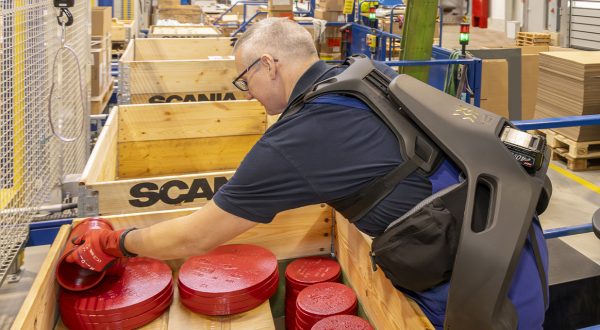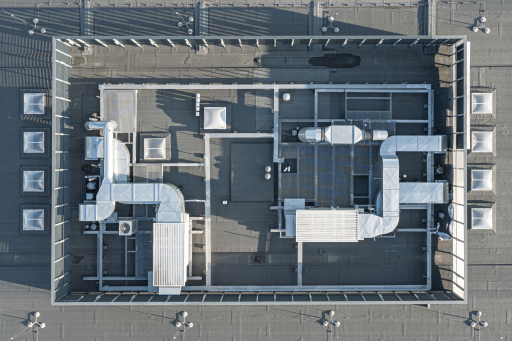Blockchain is used to certify transactions and contracts. But in industry and in the food processing and pharmaceutical sectors, this technological innovation also makes it possible to track and secure increasingly complex supply chains and subcontracting operations.
![]()
In a first for the food sector, the retailer Carrefour announced in March 2018 that the brand’s chicken product line was to be fully secured through blockchain technology. Now other business sectors – primarily finance, banking and insurance – are looking into this method of securely storing and transferring information, which is increasingly being used to verify the authenticity of contracts and transactions.
Without a trusted third party, blockchain users exchange data at each step of the process. Once validated by every participant, the data forms a block that takes its place in a chain. In the event of any irregularity, the chain is nullified.
“Blockchain leads to time savings for industry, thus driving agility”
In Carrefour’s case, each link in the chain, from the breeder and processor to the distributor, must validate the process. At the end of the chain, the consumer can read a QR code and access the entire certification sequence: chicken’s date of birth, farm and name of breeder, slaughter date, veterinary treatment, and so on.
“For Carrefour,” says Thierry Delpech, an expert in the food processing and pharmaceutical sectors at Actemium, the dedicated industrial process brand at VINCI Energies, “blockchain is not just a clever marketing ploy but it also meets a public health requirement.” Food processing and pharmaceutics are two sectors that have a “crucial need for tamper-proof traceability,” he explains. It’s this requirement that has already led pharmaceutical laboratories, for instance, to serialise their products, giving drugs a unique number. In the health industry, counterfeiting can have drastic consequences.
Luxury goods, planes, and spirits
The impact may not be quite so drastic in areas like luxury goods and spirits, but these industries are also subject to counterfeiting, which can damage brands. “It is quite conceivable that brands of brandy, which already give their clients the option to scan a QR code on the bottle to validate its provenance, will go one step further by adopting serialisation, like the pharmaceutical sector, or even blockchain technology in time,” says Delpech.
Bags made by the renowned French malletier Louis Vuitton, of which copies are made all over the world, could also follow the same path as Carrefour’s chicken. “Blockchain would provide an excellent solution to the counterfeiting issue in the luxury goods sector,” he adds before moving on to a completely different industry: aeronautics.
Just like the automotive industry, this booming sector uses a large ecosystem of subcontractors. With production rates increasing in a broadly global context, “aircraft manufacturers have to manage a huge number of subcontractors and parts arriving from all over,” stresses Delpech.
“Tracking and validating aircraft parts is becoming increasingly complex,” he adds. “Using blockchain would make this specific supply chain fully secure. It also leads to time savings for the industry, thus driving agility, since supply chains are being forced to adapt ever more rapidly to the market.”
Learn more:
https://www.usinenouvelle.com



